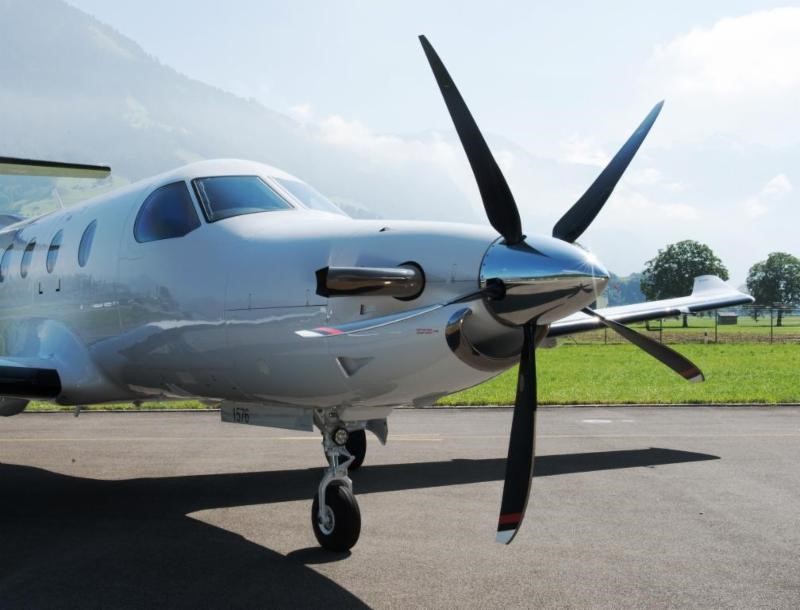
Pilots have been using acronyms and mnemonic phrases since the early days of aviation to recall important safety information before, during, and after flight.
While catchy acronyms and mnemonics shouldn’t replace actual checklists, they can jog your memory as you go through the checklist flow. Let’s take a look at some helpful aviation phrases for a quick refresher:
When deciding to fly, use PAVE to assess major risk factors:
Pilot: Evaluate the risks you’re bringing to the cockpit as the pilot in command. Are you current? Are you proficient? Use another mnemonic, IMSAFE (explained below), to determine your mental and physical fitness to fly.
Aircraft: Preflight the airplane and verify its airworthiness. Is the necessary paperwork in the airplane? Is all equipment operational? Do you have enough fuel?
EnVironment: Obtain a weather briefing and check PIREPs and NOTAMs. Are you familiar with the runway lengths and surrounding terrain? Do you have takeoff/landing distance data? Have you planned alternate path options?
External pressures: Take stock: Are you feeling stressed, anxious, or rushed? Why do you feel that way? Are you experiencing the pressure of “get-there-itis?” Are your passengers exhibiting unsafe or distracting behavior?
Determine your fitness to fly with the IMSAFE checklist:
Illness: Do you have any current or recent illnesses that could affect flight?
Medication: Are you taking any prescription or over-the-counter medications that could impair your ability to fly?
Stress: Are you experiencing any unusual stress or anxiety?
Alcohol: Have you had alcohol in the last 8 hours? Is there a chance you’re hungover?
Fatigue: Are you tired? Did you get enough rest?
Emotion: How are you feeling? Are you angry or upset about anything?
Double-check you’re ready for takeoff with BLITTS:
Boost pump on
Lights on (as required)
Instruments set
Transponder on
Takeoff time recorded
Seat belts secured (you and your passengers)
Requesting flight clearance from ATC? Use CRAFT to copy the clearance information:
Clearance limit
Route to follow as part of the clearance
Altitude to maintain by the flight
Frequency to tune in to upon departure
Transponder code that must be set prior to departure
Use GUMPS to get ready for climb, cruise, and decent:
Gas (fuel on the proper tank, pump on or off)
Undercarriage (landing gear up or down)
Mixture set
Propeller set
Safety items – seat belts and switches (lights and pitot heat)
After landing, check the FACTS:
Flaps up
Auxillary fuel pump off
Cowl flaps open and/or carb heat off
Transponder set to stand by
Switches (lights and pitot heat off)
What’s your favorite catchy aviation acronym or mnemonic? Tell us on Facebook, Instagram, or Twitter.